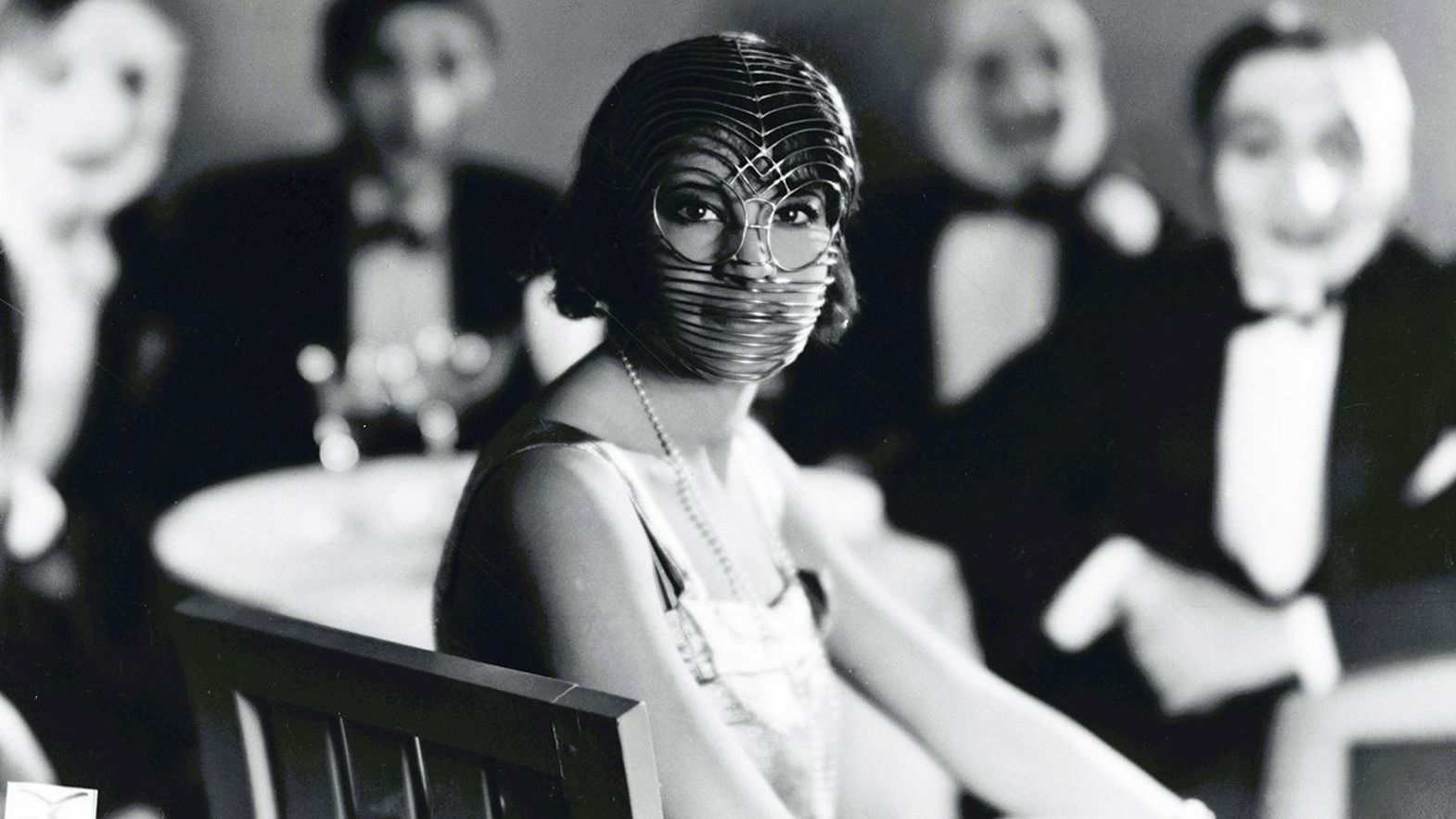 Daïnah la métisse, by Jean Grémillon (1931) ©Gaumont
Daïnah la métisse, by Jean Grémillon (1931) ©Gaumont
It's not one, but many. To be exact, 47. 47 shades of black, of black cinema, and as many musings on the children of Africa, at 24 frames per second. The first? Do the Right Thing, by Spike Lee.
Black Light, the Retrospective of Locarno72, will provide an extensive overview of black filmmaking, beyond all borders. That is to say, the known borders of "black cinema", the ones that are taken for granted, certified and definitive, but actually recount a single form of black filmmaking, one among many. The first screening will precede the Festival itself: on August 6, at 9.30 PM, Piazza Grande will be part of a pre-Festival night offered by Ascona Locarno and Event More, with a free showing of Spike Lee's Do the Right Thing (1989), In a prestigious restored print celebrating the film's 30th anniversary.
On the one hand, Black Light will feature the classics, the iconic filmmakers and known faces of black cinema; on the other hand, the Retrospective of Locarno72 was conceived to highlight the many who were left out of screenings and common perceptions. Black Light will therefore be Spike Lee and Zózimo Bulbul, Euzhan Palcy and Kathleen Collins, Sidney Poitier and Ousmane Sembène, Med Hondo and Pier Paolo Pasolini. It will be Jackie Brown and Tongues Untied, White Dog and Black Orpheus, She's Gotta Have Itand One Way or Another. It will be films from America and Jamaica, from France and Brazil, from Switzerland and Senegal. Black Light will have the facial features of Laurence Fishburne, Pam Grier and Melvin Van Peebles, as well as those of many actors who where nameless, but left a definite mark on that kind of filmmaking, on their black cinema.
Black Light will be a survey exploring 1970s Blaxploitation, Race Movies from the 1920s and '30s, pioneering films, classics and rare, if not unseen gems. It will be a complete discussions, where every voice will be allowed to speak, think and be screened.
Greg de Cuir Jr., curator of the Black Light Retrospective: “Black Light charts a historical panorama of international black cinemas while also putting into dialogue directors from a range of backgrounds that have made key works on the cultures and peoples of African descent, who have different identities and experiences in different parts of the world but with deep connections and relations. This panorama departs from Africa as a continent and from its cinema, because the subject of concern is what has happened with Africa's children after they have been removed from their lands and forced to survive in various contexts across the centuries; how has this passage inflected and how has it been visualized by moving image cultures? An archival approach designed to reanimate the past for a fuller understanding of the black cinema that exists today. Classics by legendary auteurs, avant-garde works by film artists, genres and genre mixes of many types, they all can be found in Black Light, because there is no one conception of black cinema, or one conception of black people.”
Lili Hinstin, Artistic Director of the Locarno Film Festival: “I suggested to Greg De Cuir, whose work as a programmer, curator and author on the topic of American black cinema I had found very striking, this project for the retrospective which I initially called Being Black: the intent was to go beyond the #metoo movement and explore the representation of minorities through the black issue. Working within a lively and exciting dialectic framework, Greg turned my initial question into a universal aesthetic matter. I'm very proud to present this innovative work as part of my first edition, and to share these films, whose corpus rethinks film history, with the Festival audience.”
These are the 47 titles in the Retrospective of Locarno72, Black Light: